

Plastic pollution is a worldwide problem because we humans are addicted to (single use) plastic.
We’re slowly killing everything in the name of our comfort, convenience and profits.
We are polluting our planet on a massive scale and this problem demands direct action.
It's unlogical to produce new virgin plastics while oil is a scarce resource.
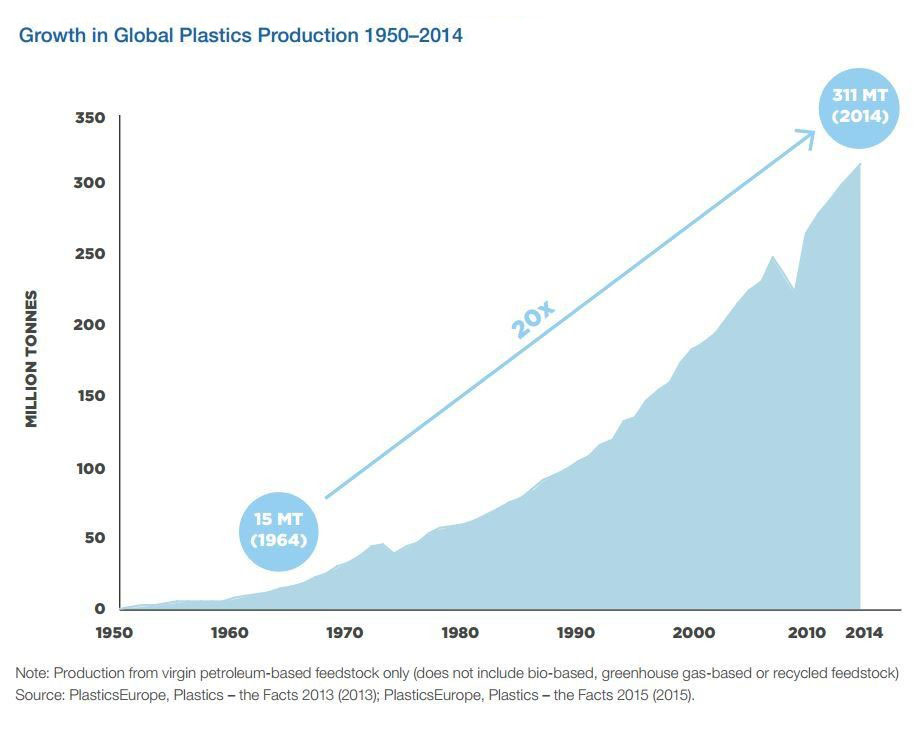
Everyone should change their plastic footprint and abandon single use plastics. We have to start cleaning up all the plastic floating around our beaches, in our oceans and rivers.
We can only be successful by involving local communities, educate and incentify them.
This is the only way to protect the world’s precious oceans and preserve marine wildlife before it's too late!!!
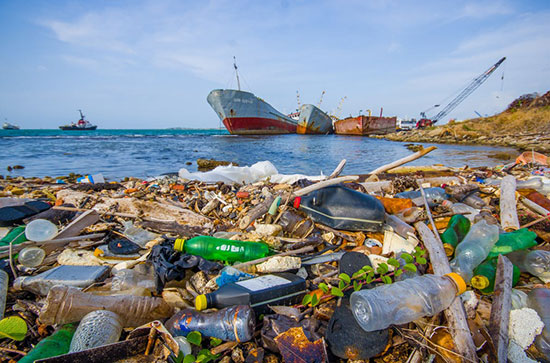
The size of plastic produced since the 1950s can be compared with 1 billion elephants.
There are an estimate of 5.25 trillion pieces of plastic debris in the ocean. Of that 269,000 metric tons float on the surface.
Scientists predicted that without any changes all marine wildlife will be extinct within 2-3 generations.
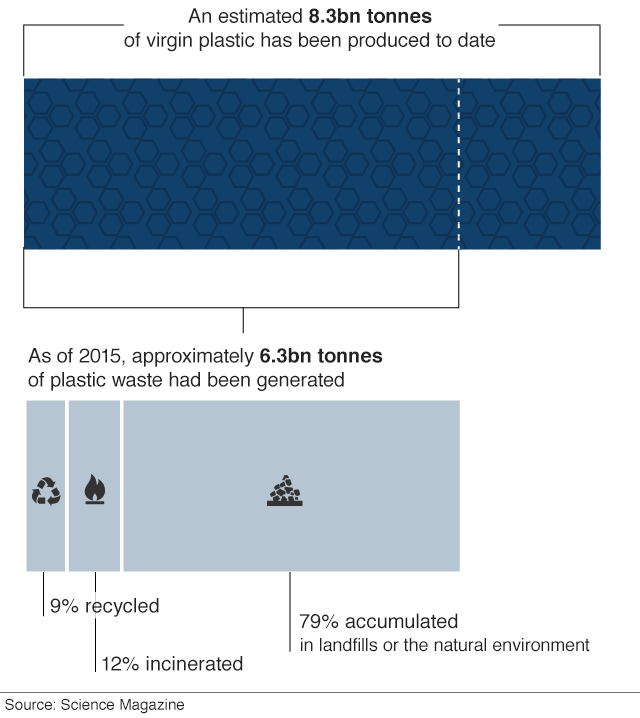
If current plastic production and waste management trends continue, roughly 12 billion tonnes of plastic waste ends up as landfills or in natural environments by 2050.
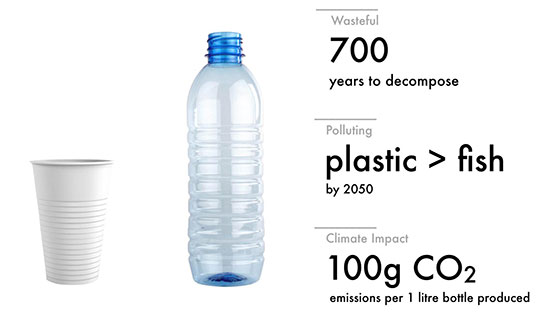
It's our responsibility to clean up as much plastic debris as possible to preserve our beautiful oceans and marine wildlife to secure a future for our children and all future generations.
Keep in mind that we humans need the oceans healthy and clean to survive.
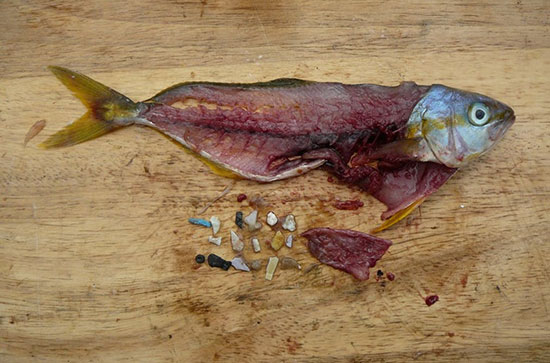
Here you will find some shocking facts and figures about our plastic footprint and what it does to our oceans and marine wildlife.
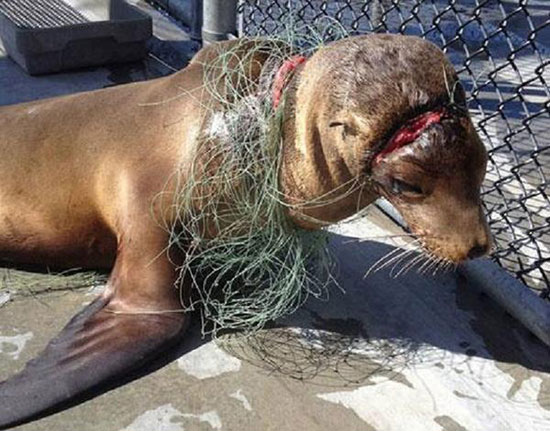
Source: Earth Day
In 1950 the world produced only 2 million tonnes per year. By 2015, annual production had increased nearly 200-fold, reaching 381 million tonnes. Over the period from 1950 to 2015, cumulative production reached 7.8 billion tonnes of plastic — more than one tonne of plastic for every person alive today.
Here you will have a TOP 12 overview from countries that pollute the oceans the most (generated in 2010).
According these numbers we can conclude that we have a lot of plastic waste to clean up and need to find ways to prevent plastic to end up in natural environments. Note: data in this overview is generated in 2010!

Many plastics are defined as non-degradable, meaning they fail to decompose and are instead broken down into smaller and smaller particles. Materials can slowly break down through photodegradation (from UV radiation). Estimated decomposition times for plastics and other common marine debris items are shown in the chart below.
We people need air to breathe, water to drink, food to eat, new medicines and a climate we can live in. We need to know that we belong to something bigger than ourselves. We want a better future for those we care about. To survive and prosper, we need healthy oceans.
The ocean is the largest ecosystem on Earth, it is the planet’s life support system. Oceans generate half of the oxygen we breathe and, at any given moment, they contain more than 97% of the world’s water.
Oceans provide at least a sixth of the animal protein people eat. Living oceans absorb carbon dioxide from the atmosphere and reduce climate change impacts.
The diversity and productivity of the world’s oceans is a vital interest for humankind. Our security, our economy, our very survival all require healthy oceans.
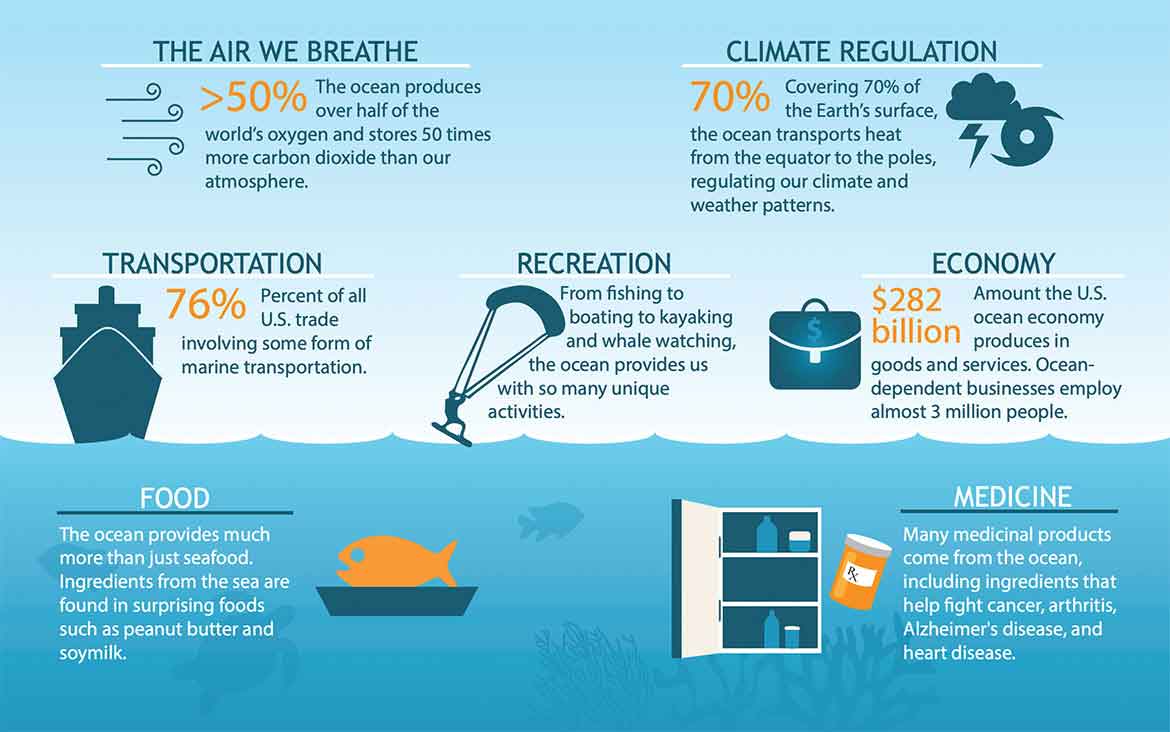
OCEANPLASTIK SRO
Namesti Svobody 18
60200 Brno, Czech Republic
phone: +420 7766 40481